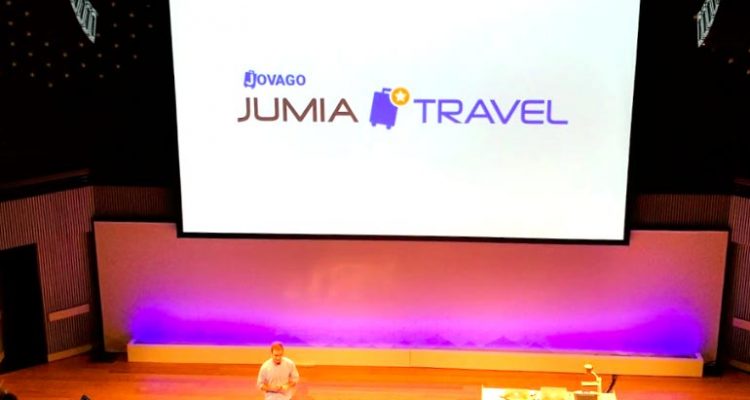Une navigation plus rapide sur un site internet via mobile, c’est ce qu’offre l’application Progressive Web, une technologie qui permet une meilleure mise à disposition du site sur mobile. Pour mieux comprendre l’impact de cette démarche technologique, Jumia Travel, en collaboration avec Google, a publié une étude de cas sur l’utilisation de la technologie Web Progressive (PWA) par rapport à l’utilisation d’applications natives (Android et IOS).
Parti d’un constat que les utilisateurs de la plateforme m’étais plus de temps sur mobile, l’équipe de Jumia a ainsi apporté des modifications à son site. Il ne s’agit pas de faire simplement une version mobile du site, mais de permettre une meilleure navigation via mobile. A l’aide de la technologie PWA, l’utilisateur bénéficie de nombreux avantages, notamment durant sa navigation, il consomme nettement moins de data, ce qui permet une durée de vie plus importante de sa batterie, avec une rapidité plus importante que sur des applications natives.
Résultats de l’intégration de l’écosystème mobile PWA, les utilisateurs mettent plus de temps sur le site, ce qui a entraîné une meilleure expérience de l’utilisateur, avec une croissance du taux de conversion à 33%, et notamment, un taux de rebond plus faible sur l’écosystème.
Selon le PDG de cette structure spécialisée sur la réservation d’hôtels en Afrique, Paul Midy « l’adoption de l’application Progressive Web vise à apporter une technologie personnalisée pour accueillir tous les marchés, même lorsque la vitesse de l’Internet est encore limitée. L’Afrique est un marché à forte intensité mobile, nous commençons tout simplement et croyons que créer des moyens plus propices à l’expérience du mobile est un excellent moyen pour répondre aux besoins des utilisateurs de nos services ».
En chiffre, l’application Progressive Web a révélé durant l’étude les données suivantes : Un taux de de conversion de l’ordre de 33%, un taux de rebond de 50%, 12 fois plus d’utilisateurs par rapport aux applications natives (Android et IOS), 5 fois moins de données utilisées, 2 fois moins de données pour terminer la première transaction. Il a été également remarqué que le trafic vers le PWA a éclipsé celui de l’application native de plus de douze fois et continue de croître, alors que le taux de rebond a diminué de moitié.
Selon le chef de produit de Jumia Travel, Giovanni, « Dans des pays comme le Nigeria et le Kenya environ 95% et 80% des utilisateurs mobiles utilisent le navigateur pour consulter le site Web. Le constat est que la technologie PWA donne à nos clients la même expérience mais plus rapide et riche en contenu sur les navigateurs qu’ils ont sur les applications Android et IOS, mais à une fraction (5 fois moins) de l’utilisation des données ».
Un rapport d’IDC (International Data Center) indique que l’Afrique a régulièrement enregistré une augmentation de l’utilisation de smartphones, et que le marché devrait doubler en volume, représentant un tiers de tous les transferts de terminaux mondiaux d’ici la fin de 2017. Ce qui nécessite une adaptation des acteurs du commerce électronique vers des stratégies mobiles.
Compte tenu du fait que le principal marché de Jumia en Afrique subsaharienne est majoritairement composé de clients mobiles de 75%, il était impératif d’adapter un écosystème très engageant. PWA combine des fonctionnalités de conversion élevée d’applications natives avec les capacités étendues du Web, ce qui permet de surmonter la question des réseaux 2G les plus fréquents dans la SAA (Afrique subsaharienne), la connectivité intermittente et les limitations de données.
La technologie Web Progressive (PWA), se présente comme une aubaine pour l’Afrique, dans un contexte où l’accès à internet demeure souvent très couteux. Elle permet une meilleure expérience et une fluidité de navigation en consommant moins de données.


Leave a Reply